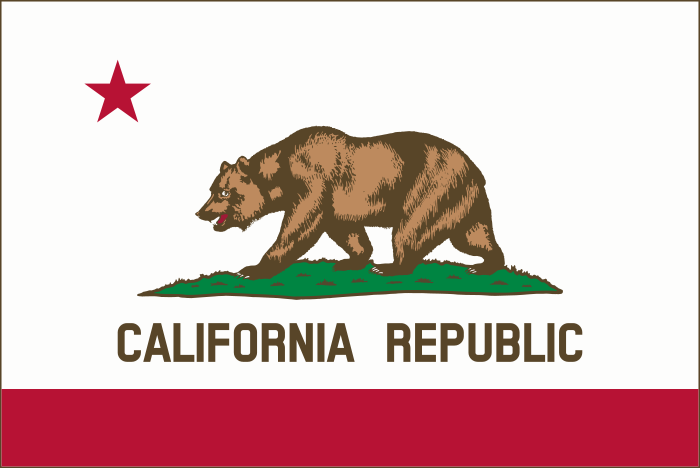On August 11, 2020, signatures were filed for a ballot initiative designed to reduce the use of single-use plastic packaging and foodware in California. Proponents reported filing more than 870,000 signatures. At least 623,212 signatures (around 71.64%) need to be valid for the ballot initiative to appear on the ballot on November 8, 2022.
- make their single-use plastic packaging and foodware recyclable, reusable, refillable, or compostable;
- reduce or eliminate certain single-use plastic packaging or foodware; and
- use recycled content and renewable materials in the production of single-use plastic packaging and foodware.
The ballot initiative would also enact a fee, called the California Plastic Pollution Reduction Fee, on single-use plastic packaging and foodware. CalRecycle would determine the fee amount with a maximum amount of 1 cent per item of packaging or foodware. Beginning in 2030, the fee would be adjusted based on changes in the California Consumer Price Index. Revenue from the tax would be distributed to CalRecycle, the California Natural Resources Agency, and local governments.
Clean Coasts, Clean Water, Clean Streets, also known as Plastics Free California, is leading the campaign in support of the ballot initiative. Through June 30, 2020, the campaign received $4.06 million. Recology, Inc. was the largest contributor, providing $3.70 million. Recology, Inc. is a business that provides commercial and residential waste, recycling, and composting services.
The campaign filed the ballot initiative in November 2019 and originally intended to place the proposal on the 2020 ballot. Eric Potashner, vice president of Recology, said the campaign had collected more than 800,000 signatures for the ballot initiative before the suggested deadline of April 21, 2020, but wanted to collect between 900,000 to 950,000. Citing the coronavirus pandemic, Potashner said, “Even if I had a million signatures, I don’t know if we’d be submitting this thing till after June anyway. I don’t know if this is the right climate for this measure right now.” Potashner also noted that the ballot initiative’s provisions would not take effect until 2030, “so pushing this issue…to 2022 doesn’t have any practical implications in what we’re trying to do.”
On June 23, 2020, the campaign sued the state to extend the deadline to file signatures beyond July 6. The lawsuit asked the court to extend the deadline until all California counties moved into the third reopening stage following the coronavirus stay-at-home order or by at least 90 days. On July 2, Judge James P. Arguelles ordered that the deadline be extended to September 28, 2020, to account for the shelter-in-place order and coronavirus-related government restrictions.
The ballot initiative is the second to file signatures for the 2022 California ballot. An initiative to increase California’s cap on noneconomic damages in medical malpractice lawsuits filed signatures in May 2020 and was certified for the 2022 ballot on July 21. Signatures for a ballot initiative to legalize sports betting are due October 12, 2020.


